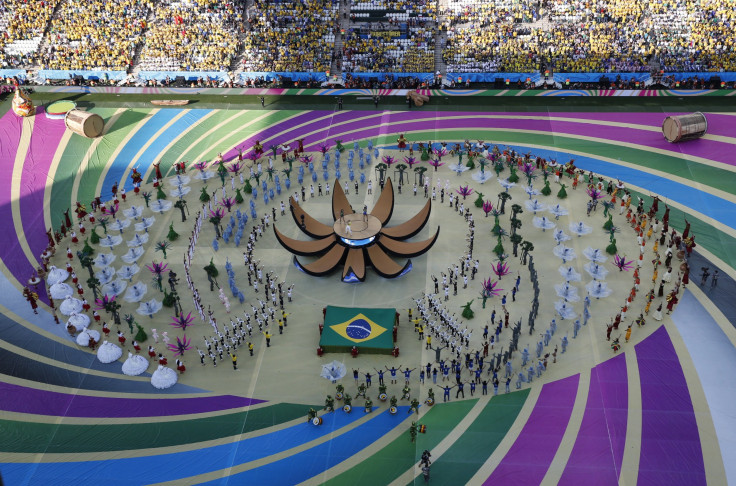Sao Paulo Dengue Fever Outbreak Concerns World Cup Visitors, Officials

This month, São Paulo, Brazil, seems to be hosting not only some of the biggest matches of the 2014 World Cup, but also thousands of mosquitoes carrying deadly dengue fever.
The Brazilian Health Ministry announced Thursday that the city -- the country's largest -- has for the first time in at least a decade seen the incidence of dengue rise above the official definition of a “low” level (an infection rate of fewer than 100 cases per 100,000 inhabitants).
At 101.2 cases per 100,000 people, the incidence of dengue in São Paulo is now officially considered “medium,” and 11,392 cases have been confirmed there in the past less than six months, compared to just 2,617 cases in all of 2013, the Municipal Health Secretariat said, according to the Brazilian newspaper Veja.
The increase in cases has health officials, residents and visiting soccer fans all concerned about the fever, as it far surpasses the biggest dengue spike in the past 10 years, when the incidence rate reached 53 cases per 100,000 people.
A spokeswoman for the U.S. Centers for Disease Control and Prevention (CDC) declined to comment on the specifics of the ongoing dengue outbreak in São Paulo. But she did say that the CDC is monitoring the situation closely, and said that the best protection against becoming infected by dengue fever is for people to do everything possible to avoid mosquitoes. Using mosquito netting and bug spray helps to keep mosquitoes from biting, while clearing any pools of standing water helps to prevent them from growing in number.
In 2013, just two people died of dengue fever in São Paulo, but this year there have already been eight deaths. Some estimates suggest that more than 100 million people worldwide are infected by dengue fever each year, a large percentage of whom live in extreme poverty.
“There is no specific treatment for classic dengue fever, and most people recover within 2 weeks,” the National Institutes of Health writes on its website. “To help with recovery, healthcare experts recommend getting plenty of bed rest, drinking lots of fluids [and] taking medicine to reduce fever … For severe dengue symptoms, including shock and coma, early and aggressive emergency treatment with fluid and electrolyte replacement can be lifesaving."
Click this link for more information from the CDC about health concerns surrounding the 2014 World Cup.
© Copyright IBTimes 2024. All rights reserved.





















